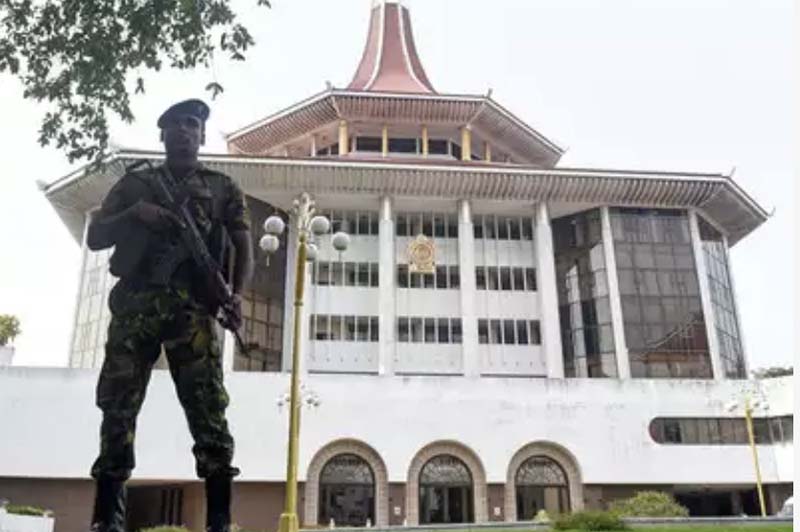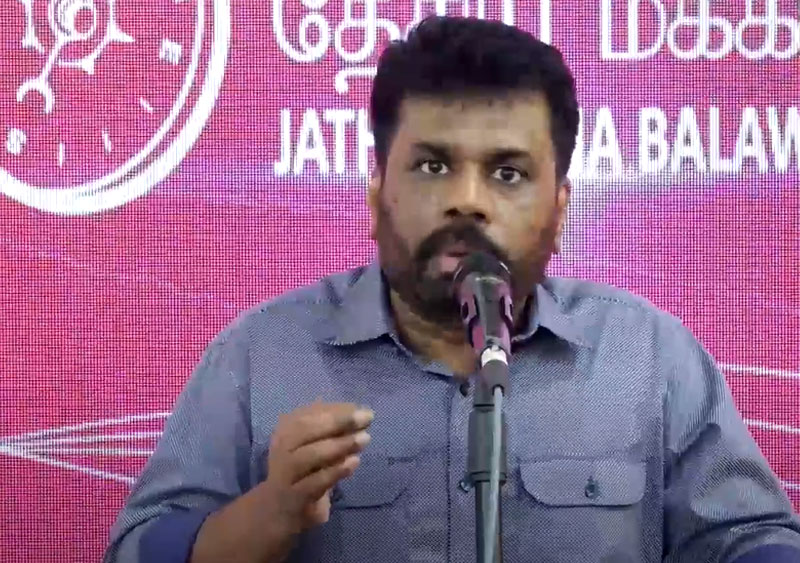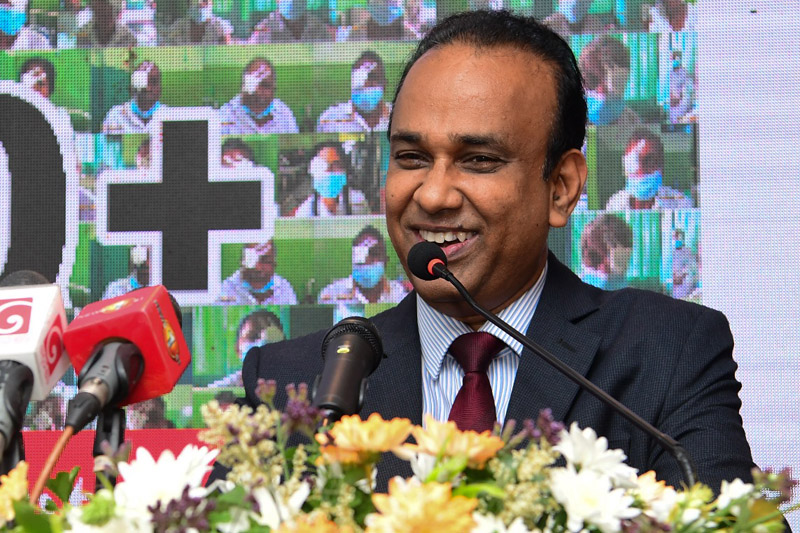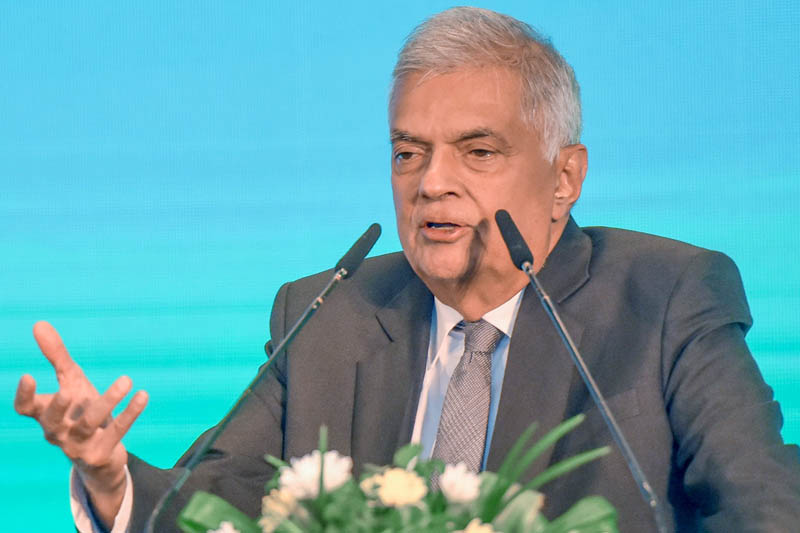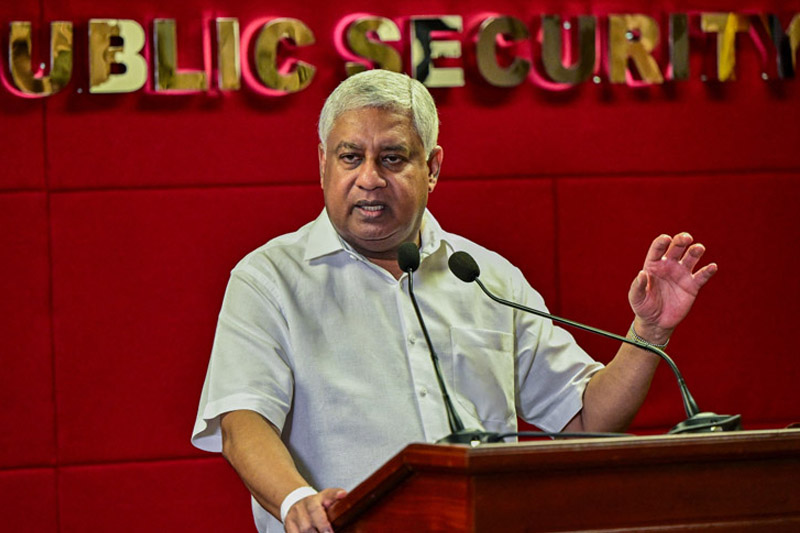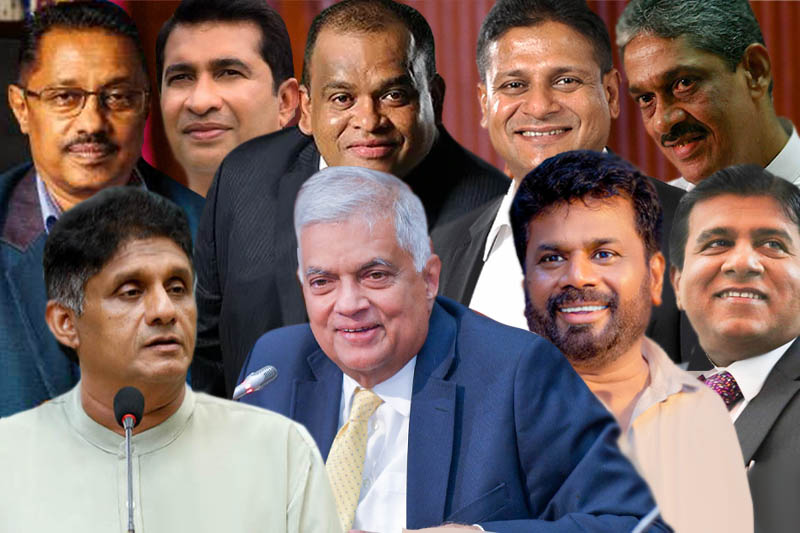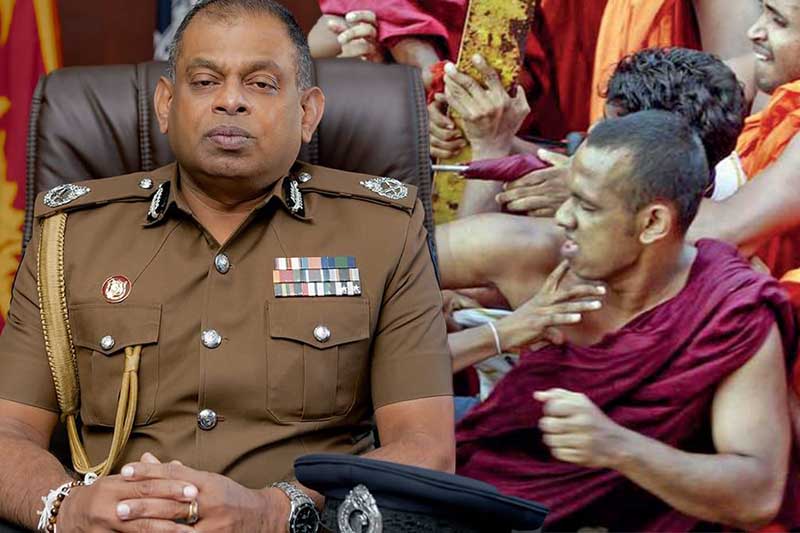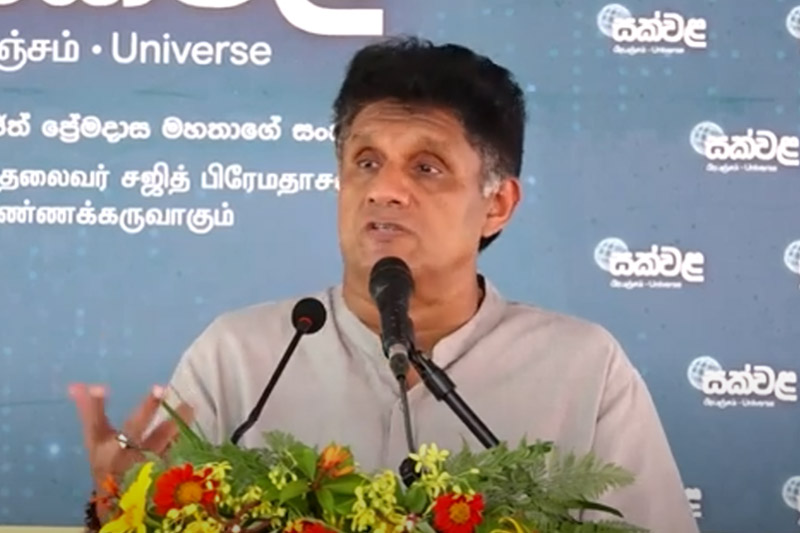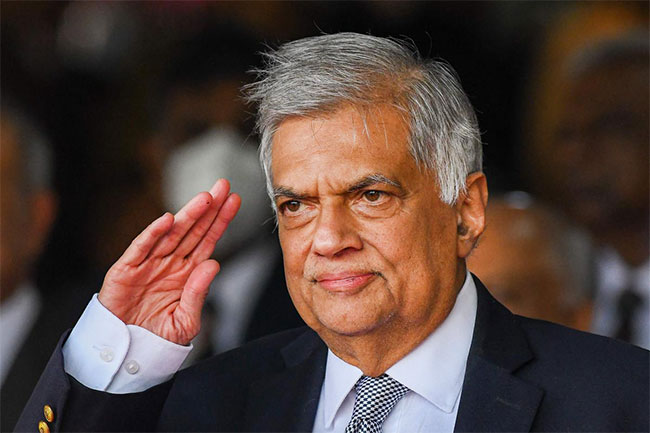The Supreme Court today (20) conveyed its decision on the much-disputed Anti-Terrorism Bill to Parliament Speaker Mahinda Yapa Abeywardena.
Accordingly, the Supreme Court determined that while several clauses of the proposed legislation require to be passed by a special majority, several other provisions of the Anti-Terrorism Bill need to be passed by both, a special majority and a referendum, unless amendments recommended by the Supreme Court are carried out.
On 02 February, the Supreme Court concluded the hearing of petitions filed challenging the government’s new Anti-Terrorism Bill following the lengthy proceedings that continued for six days in total.
Thirty-one petitions had been put forward against the proposed legislation which seeks to replace the controversial Prevention of Terrorism Act (PTA).
Among the petitioners are His Eminence Malcolm Cardinal Ranjith, General Secretary of Samagi Jana Balawegaya (SJB) Ranjith Madduma Bandara, National People’s Power (NPP) MP Vijitha Herath, Centre for Policy Alternatives (CPA), Socialist Youth Union (SYU), Duminda Nagamuwa of Frontline Socialist Party (FSP) and the Ceylon Teachers’ Union (CTU).
The Attorney General has been listed as the respondent of these petitions filed seeking a Supreme Court order mandating a parliamentary vote with a two-thirds majority and a referendum to pass the Bill, which was tabled in the parliament on January 10.
They say the Bill, if passed in its current form, would grant unlimited powers to the Tri-Forces, the Police and the Coast Guard to make unwarranted arrests without reasonable suspicion, and this is a violation of the fundamental rights including the freedom of expression guaranteed by the Constitution.
(adaderana.lk)

